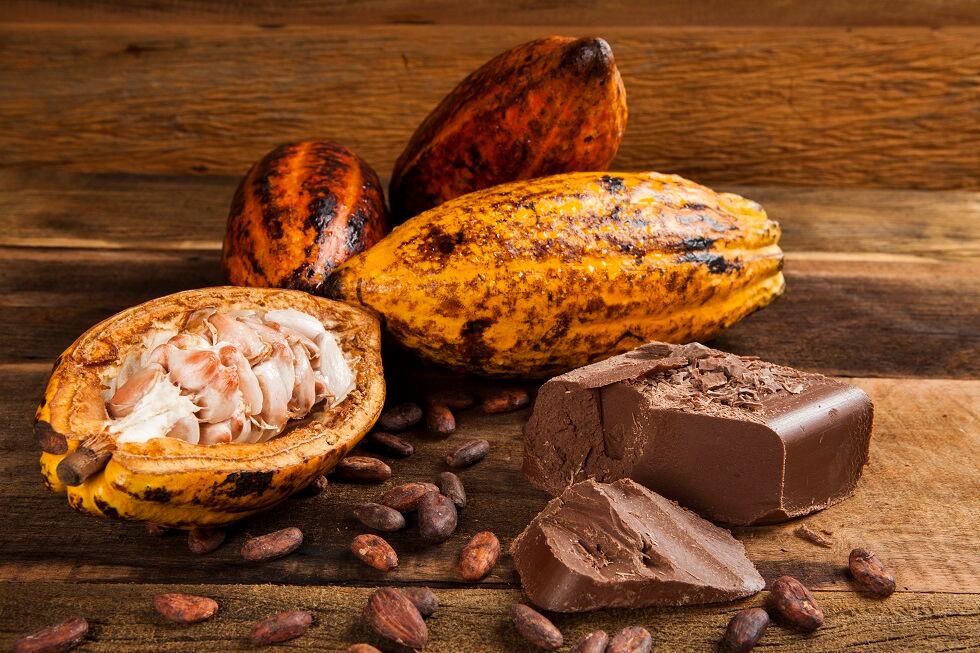The company also achieved 9% net earnings increase during the period, reaching $3.1bn and $3.2bn in adjusted operating earnings, up 5% from last year, according to its latest annual report.
Its cash flow from operations reached $5.22bn, of which $3.68bn (71% of total cash flow) was invested in strategic acquisitions, joint ventures, and new and existing facilities.
The food ingredients supplier said these figures include a provisional net charge of $86m related to the new US tax law enacted in December 2017, and they represent one of its “best financial performances.”
Cocoa and chocolate drive food ingredients sales
Cargill operates four business units, including animal nutrition and protein, food ingredients and applications, origination and processing, and industrial and financial services.
All these segments, except industrial and financial services, reported revenue gains this past year, according to the company.
The increasing earnings in food ingredients and applications in particular was lifted by “outstanding performance in cocoa and chocolate, and gains in Asia-based ingredients and global edible oils,” said Cargill. “Results across starches and sweeteners were steady.”
In 2018, “we introduced several new ingredients, including a high oleic canola oil with the lowest-level of saturated fat, EverSweet zero-calorie sweetener, and the SimPure line of high-performing native starches.
“We increased our ownership in an Argentina-based starches and sweeteners joint venture and formed a new joint venture with Minneapolis-based Puris to serve growing demand for plant-based proteins,” it added.
However, Cargill noted the earnings from its salt segment decreased for the year, as volume growth in food and water softening was more than offset by lower sales prices for road salt and higher freight costs.
Sustainability progresses in cocoa and environment
The report also shows Cargill made progresses in cocoa and environmental sustainability.
Cargill has collaborated with Lindt to build a tailored sourcing program that provides the premium chocolate company with higher quality and sustainably sourced cocoa beans over the past two years.
It said: “Our sourcing program with Lindt is supported by the foundation of the Cargill Cocoa Promise, which is steadily improving the long-term viability of the cocoa sector through more sustainable agricultural practices and stronger livelihoods and communities for cocoa farmers and their farmers.
“Combined with our supply chain expertise, this work will help Lindt meet its needs as it continues to grow globally in the years to come.”
Suzanne Uittenbogaard, value chain manager at Cargill, told ConfectioneryNews that last year, 42% of the company’s cocoa beans were sustainable, and “we are actively working to increase that number… We also mapped 2.3m hectares in our cocoa supply chain with World Resources Institute to combat deforestation.”
She added Cargill will release its next Cocoa Promise sustainability report in the spring of 2019.
Additionally, Cargill plans to cut absolute greenhouse gas emissions from its operations by 10% compared to 2017 levels by 2025.
“To reach this target, we worked with The Nature Conservancy to identify a broad range of actions adapted to the local markets and supply chains where our businesses operate.
“For example, we are increasing our use of renewable energy through investments like the solar power system we installed this year at our cocoa processing facility in Tema, Ghana,” said the company.
“Along with other upgrades, this has enabled us to reduce CO2 emissions at Tema by more than 70%.”

